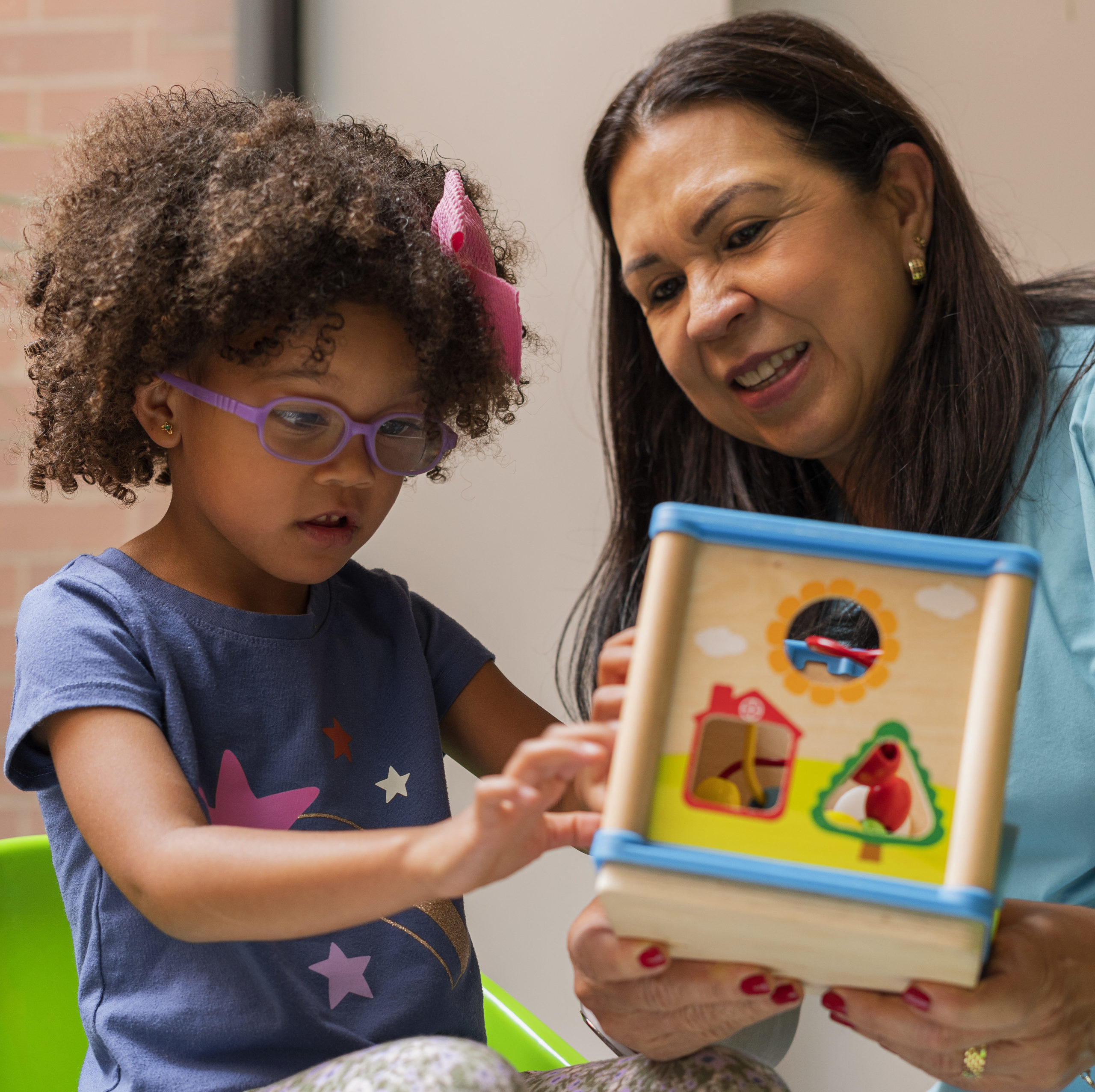Finding the right ABA provider for your child can be tough.
When looking for an ABA provider, there are a lot of qualities that can make a provider a good or not-so-good fit for your child. So, how can you determine which ABA provider to go with? Although there are many qualities that contribute to what makes a “good ABA provider”, we’ve narrowed it down to what we consider to be the four most important qualities to make your search a little easier.
1. Quality
High quality services are one of the most important qualities to look for. When an ABA provider delivers quality services, that means quality results. When it comes to quality there are three main things to look for: experienced and qualified professionals, individualized treatment, and treatment based on data. For more information on quality, take a look at this blog with tips on finding quality ABA providers.
2. Communication and Cooperation
Knowing what therapy your child is receiving and the progress they are making is very important. An ABA provider should always have open communication with parents or caregivers, meaning that you should feel informed and involved from the start. More importantly, you should feel free to ask questions and get clarification when needed.
In addition, an ABA provider should have a collaborative and “team-approach” mentality when it comes to your child’s treatment. Caregiver involvement is an important and essential aspect to your child making progress and meeting their goals. A cooperative ABA provider will involve you in treatment, have regular parent meetings, and actively listen to your questions and concerns.
A compassionate ABA provider will work to understand your child’s experiences and practice patience, flexibility, and understanding during their treatment.
3. Therapy Approach
Although all ABA practices are based on the same principles, there are many forms in which ABA can be delivered. Below are descriptions of common ABA procedures:
DTT and NET
- Discrete Trial Training (DTT)
- Natural Environment Teaching (NET)
This type of teaching is held at a designated learning area such as a table or desk. Programs are usually taught using pictures, note cards, and other teaching materials. A reinforcer (desired item or activity) is established, and your child completes teaching trials to earn tokens or stickers so that they can access a fun toy or game – whatever they enjoy most!
This type of naturalistic teaching is held in your child’s natural environment. Teaching opportunities can be presented anywhere – the couch, backyard, kitchen, or playground are all great places to teach. Since this type of teaching is meant to occur naturally, your child will have the opportunity to learn new skills while having fun!
Both DTT and NET are effective teaching styles. Children usually learn best with a combination of both. What’s important is that an ABA provider uses a variety of teaching styles and selects the types that are going to benefit your child the most.
Positive Reinforcement and Punishment
Positive Reinforcement is when something preferred is given to your child after a correct or positive behavior. This can be a high five, a favorite toy, or a fun game! This should be the main procedure that is used by an ABA provider. After all, your child should be rewarded and praised when they are working hard to develop new skills.
Punishment procedures are considered unethical because they either add something non-preferred or remove something preferred. This can cause distress and can affect your child’s willingness to participate in ABA sessions. There are many alternatives that can and should be considered before using punishment procedures.
4. Compassion
Working with an ABA provider that is attentive to your family’s and child’s needs makes a difference. A compassionate ABA provider will work to understand your child’s experiences and practice patience, flexibility, and understanding during their treatment. This means that your child is seen as a person beyond behavior – they have thoughts, opinions, feelings, good days, and tough days just like everyone else! A good ABA provider will consider this and adjust your child’s therapy approach when needed.
We know that finding an ABA provider that is the right fit for your child and your family can be a long process, so remember these four characteristics during your search. Don’t forget that it is important to ask good questions, explore your options, and develop a good rapport with your provider to ensure the greatest success for your child.
MeBe ABA Services
To learn more about ABA therapy, watch the MeBe ABA: 101 video series, available in English and Spanish.
If you’re ready to learn more about Applied Behavior Analysis, Speech and Language Pathology, or Occupational Therapy services at MeBe, call 619-795-9925 or contact us today.
For helpful tips from the MeBe therapy team, check out @mebefamily on Instagram and Facebook and visit the MeBe Family YouTube channel.
Accredited by Behavioral Health Center of Excellence
MeBe is proud to be a BHCOE Accreditated applied behavior analysis provider. We always strive to provide the highest level of care for our families. As a BHCOE Accredited organization, we are committed to meeting the highest standards of clinical quality, transparency, and accountability.
Click here to learn more about the Behavioral Health Center of Excellence.

